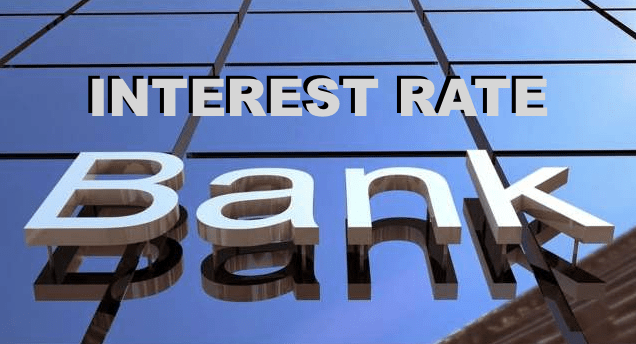In finance news today, JPMorgan warns UK could see ‘hard landing,’ says interest rates could hit 7%. JP Morgan, a prominent U.S. investment bank, predicts that the Bank of England may raise interest rates to 7% in its efforts to curb inflation.
The bank also highlighted that the risks of an economic hard landing are increasing. While JP Morgan expects interest rates to reach their peak at 5.75% by November, it warns that rates could potentially surpass that level and climb as high as 7% under certain scenarios.
This forecast reflects the bank’s assessment of the current economic landscape and the potential measures central banks might take to manage inflationary pressures.
Analysis from Economists Against Growing Interest rates
JP Morgan Economist Allan Monks’ analysis is particularly relevant for homeowners in the United Kingdom, who are bracing themselves for a substantial increase in borrowing costs.
This is because mortgage rates in the UK are typically tied to the central bank’s main interest rate. In June, the Bank of England surprised many by raising interest rates for the 13th consecutive time, with an unexpected 50 basis point hike, bringing the rate to 5%.
These successive rate increases indicate the central bank’s determination to address economic factors such as inflation, and homeowners are likely to feel the impact of these moves on their mortgage repayments.
Notes from JP Morgan Economist on these Interest Rates
In a note to customers dated June 30, Allan Monks, the JP Morgan Economist, emphasized that the Bank of England (BOE) faces mounting pressure due to persistent surprises in the economy.
Monks stated that these surprises have intensified the need for the BOE to implement significant additional policy tightening measures. JP Morgan’s forecast now predicts a terminal interest rate of 5.75% by November.
Furthermore, Monks assumes that the BOE will adopt a “high-for-long” strategy, aiming to allow the lags in transmission to complete the desired impact on the economy. This suggests that the BOE may maintain higher interest rates for an extended period to achieve its intended objectives.
In addition, Allan Monks noted that the higher policy rate necessary to control inflation poses a greater risk of a hard landing in the following year. The realization that the required policy rate is higher than initially anticipated adds to the concerns surrounding the economic outlook.
This acknowledgment underscores the challenges faced by policymakers in striking a delicate balance between managing inflation and minimizing the potential negative consequences on the broader economy.
KeyNote
- JPMorgan’s forecast anticipates that interest rates in the United Kingdom will reach their highest point at 5.75% by November.
- In June, the Bank of England implemented its 13th consecutive interest rate hike, raising rates by 50 basis points to reach a level of 5%.
- Bank of England Governor Andrew Bailey emphasized the importance of curbing inflation to the BBC, stating, “If we don’t get inflation down, if it keeps going on, it gets worse, it really gets worse, and we’ll have to put interest rates up more.”
Similar Guides
- Should I refinance my Personal Loan or not?
- How Does In-House Financing Work in Mortgage?
- How to use Mortgage Loan Amortization Calculator
- Joint Mortgages Loan: How to Buy a Home with Family Member
- Top Mortgage Lenders for Low Interest Rate and No Down Payments
- What Happens When Lenders Repossess Homes on Mortgage?
- How Much is Mortgage Payments? Calculate using Interest rate, Taxes and Insurance







